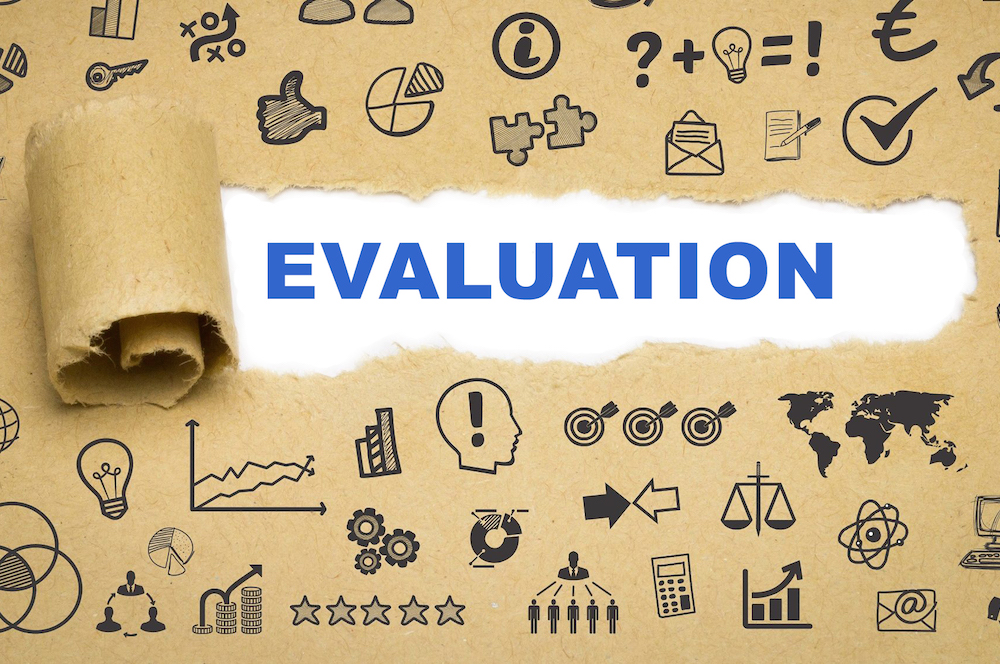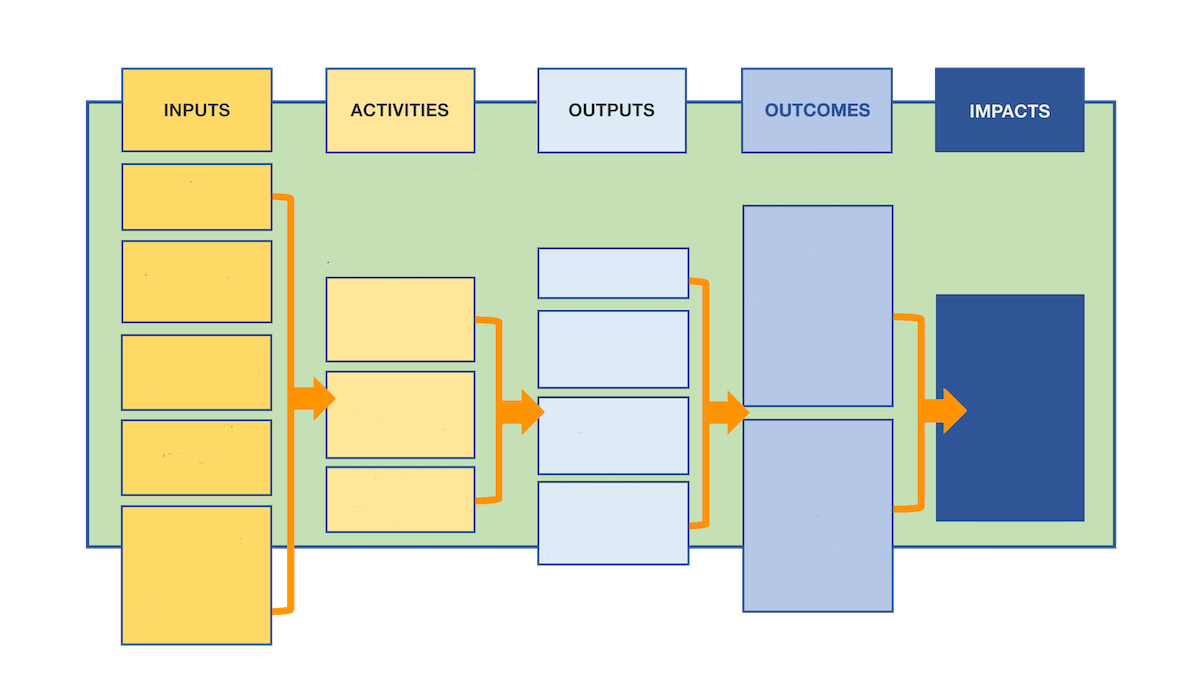Who says that playing with LEGO bricks is just for kids? Grant writing is like building with LEGO. Both grant writing projects and LEGO involve a process of building and assembling different pieces to create a coherent and structured outcome. They require a foundation, a solid structure, and precision. However, there is also a sense of creativity in the process. Many times, both grant writing projects require collaboration. Finally, there is the sense of accomplishment and satisfaction when you complete the project.










